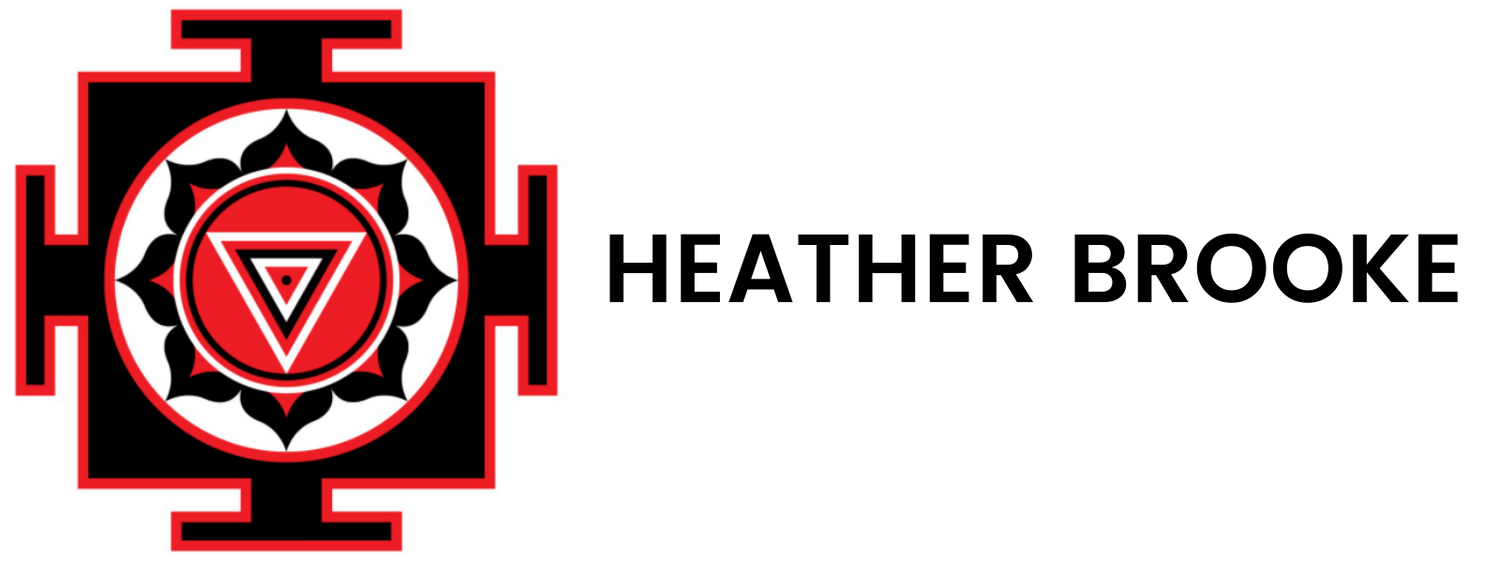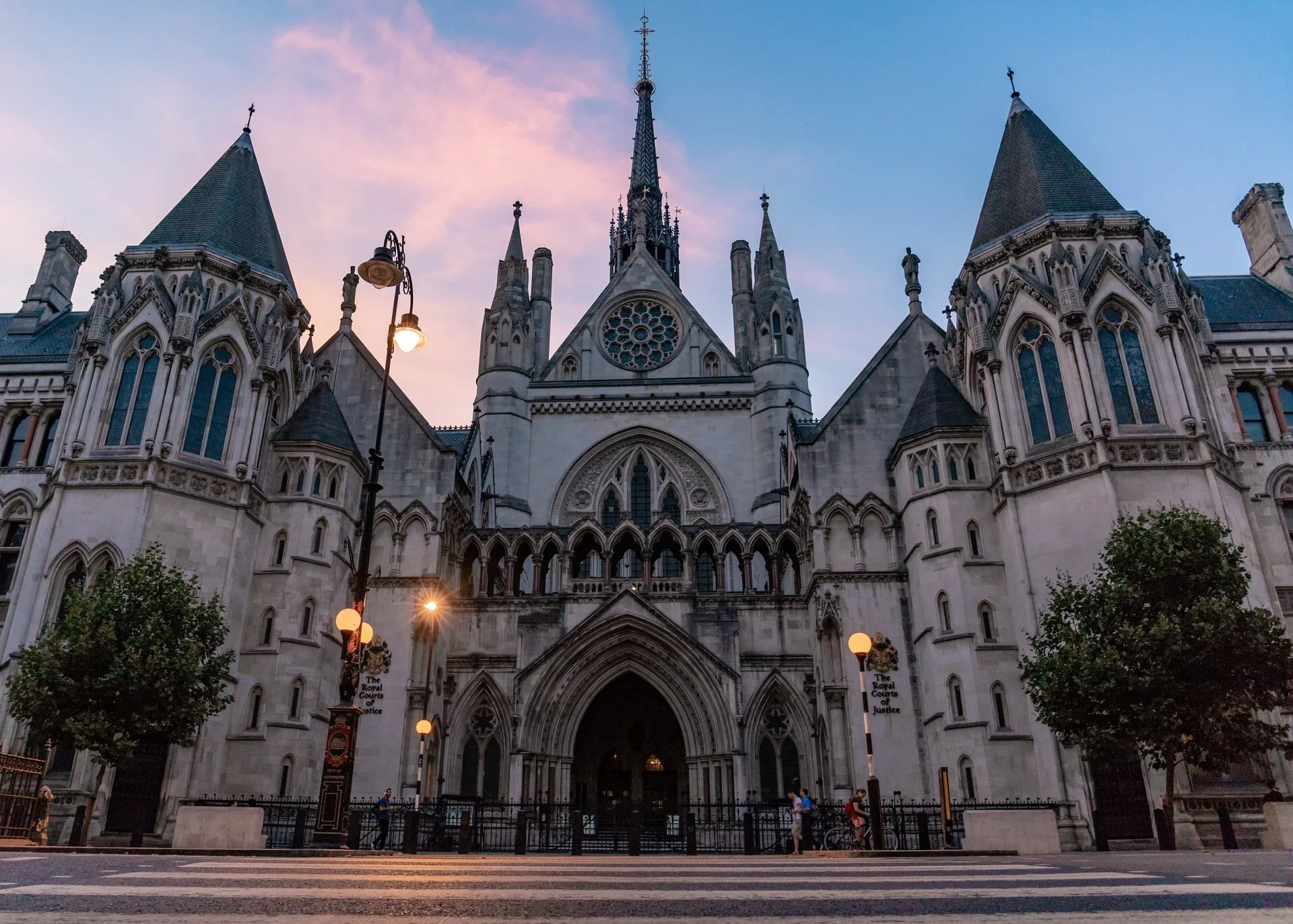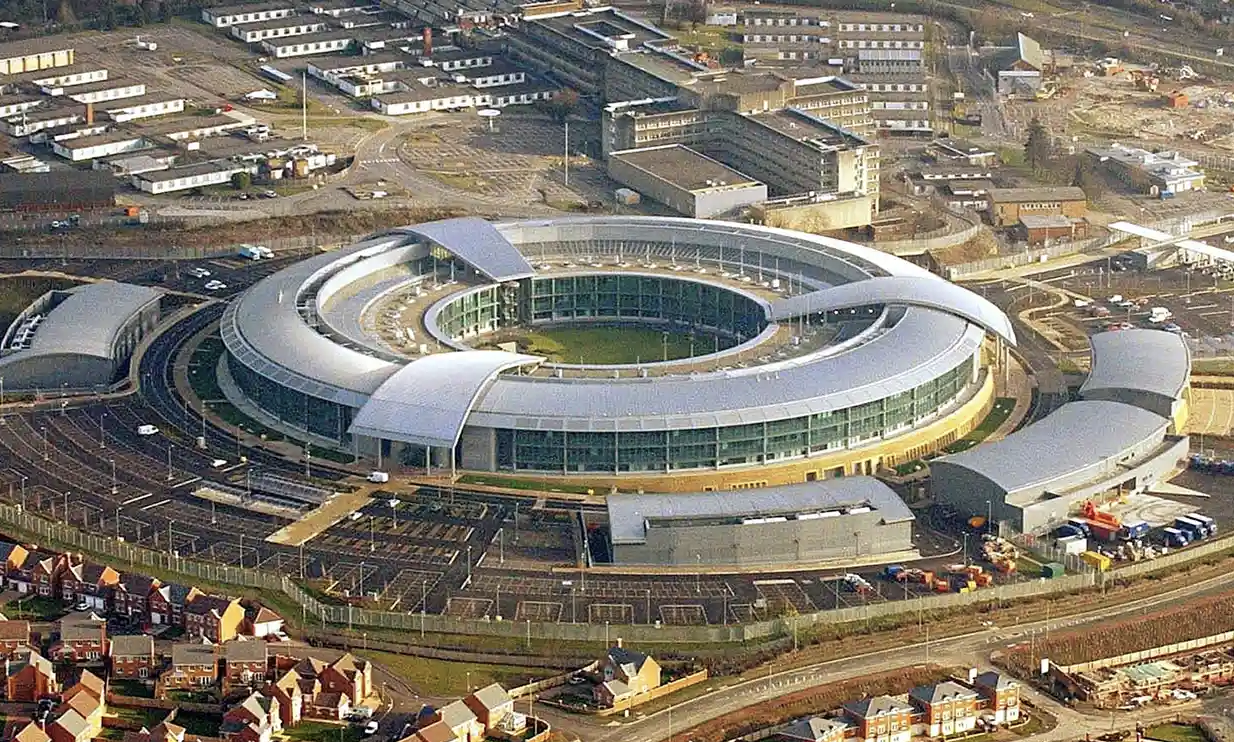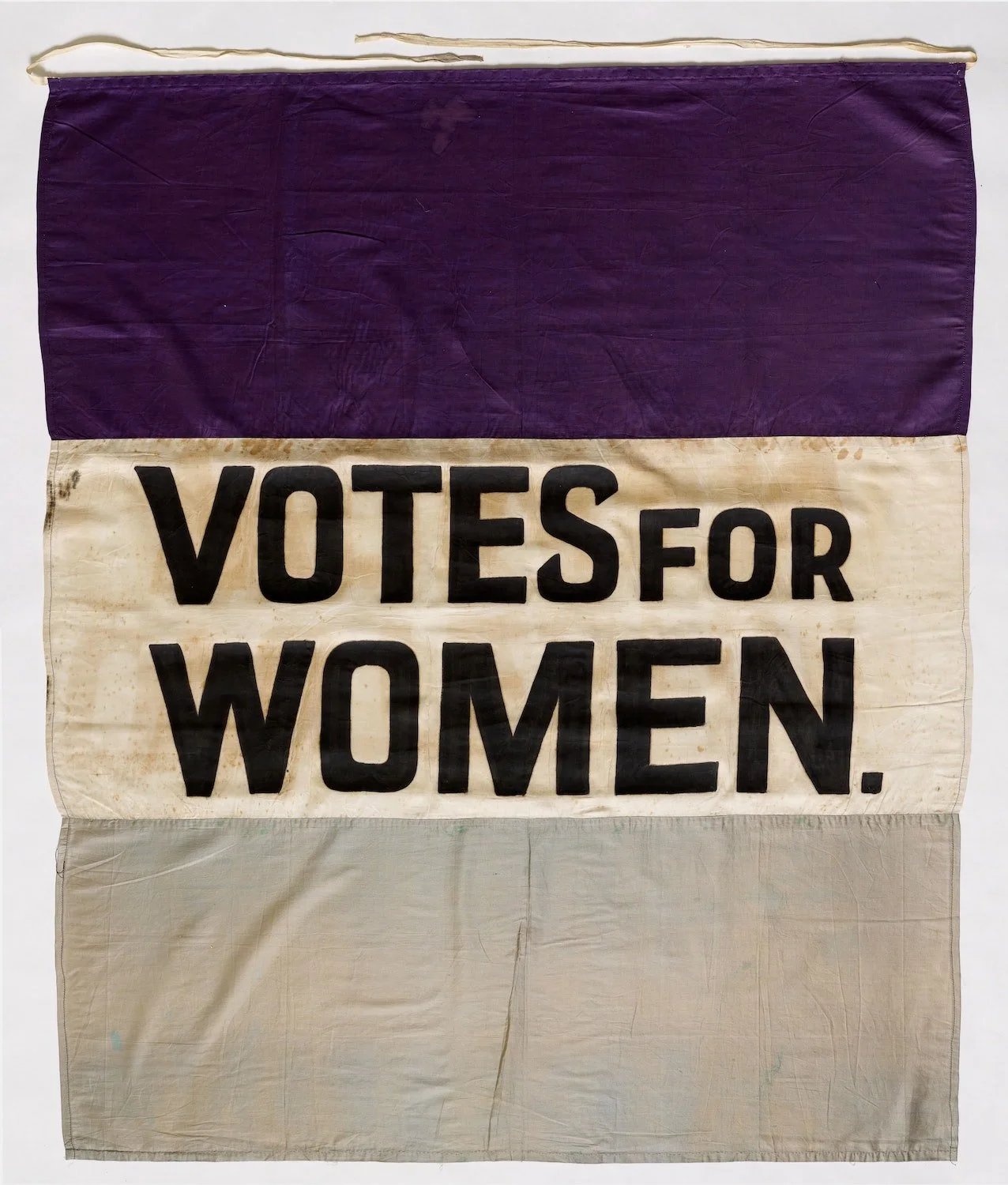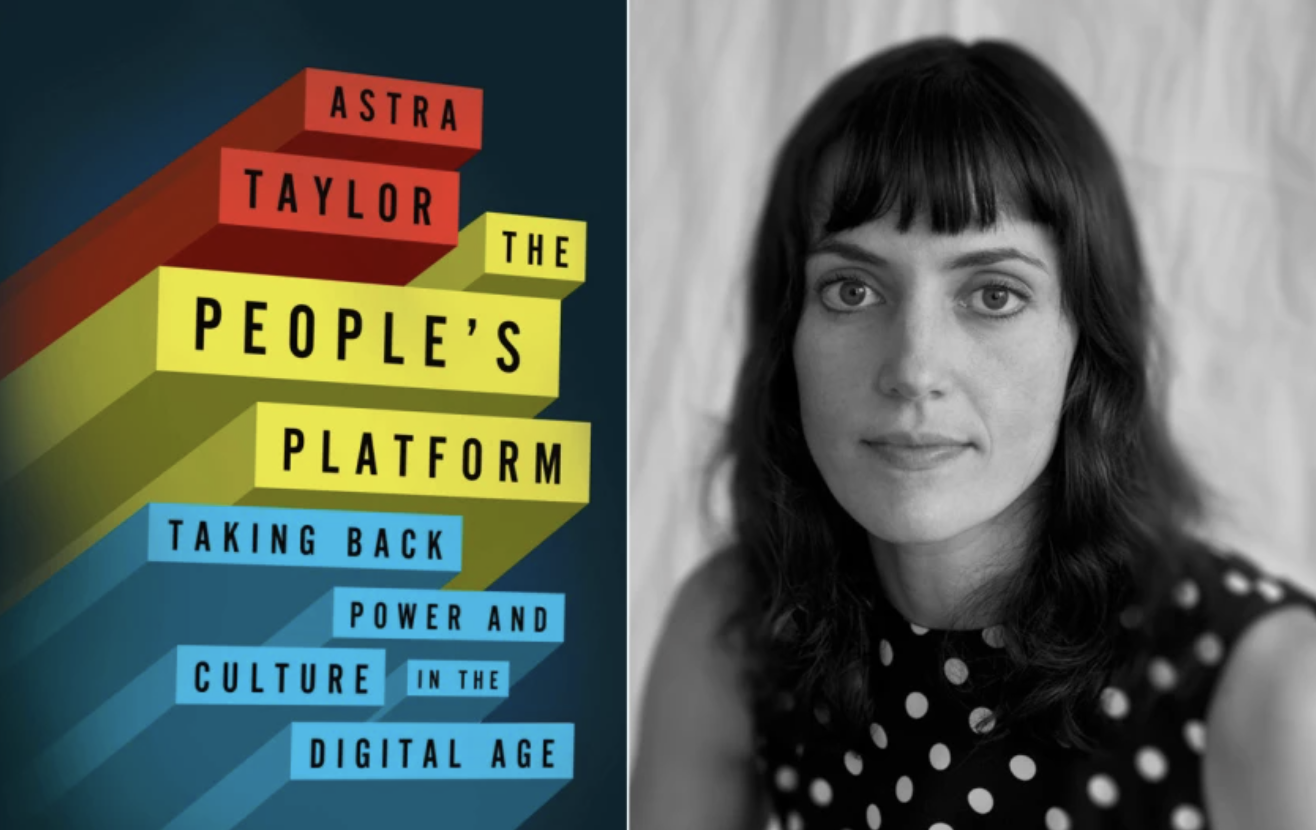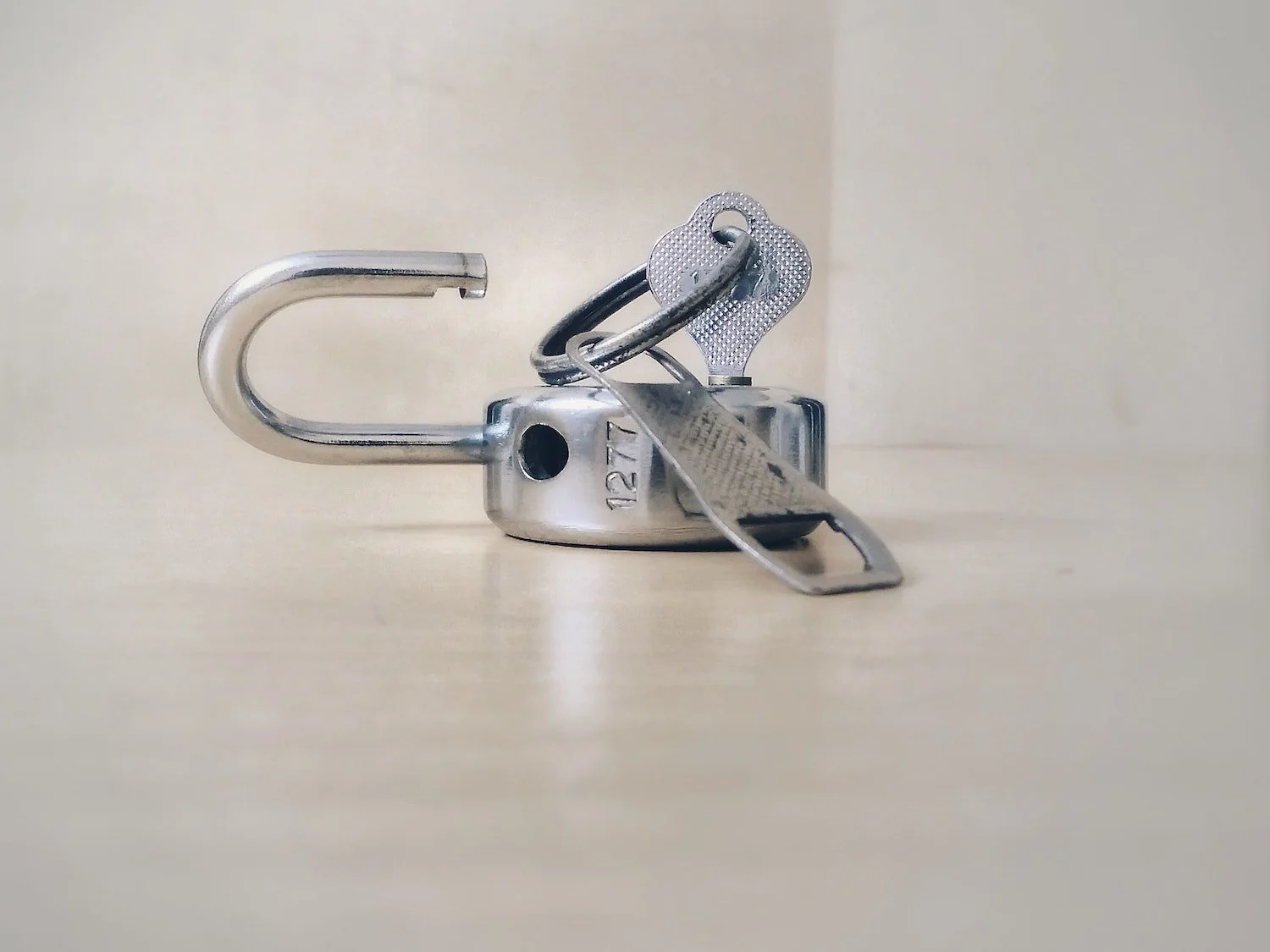Investigations into Power
Journalism for me has always been a means of holding the powerful to account. Here is a selection of articles I’ve written in various media.
Review: On misinformation and conspiracies. James Ball’s ‘The Other Pandemic’
Back in the mists of time, great idealism surrounded social media. There was a sense that global interconnection would shift us into a more egalitarian and democratic age. How time makes fools of us all. If you are a woman or a person from an ethnic minority, someone with a public profile or anyone who holds a view contrary to the mainstream, chances are you’ve been viciously trolled online and little to no action was taken by either Big Tech or the police. Perhaps you have watched in dismay and bewilderment as wild conspiracy theories (about everything from political paedophile rings operating beneath a pizza parlour in Washington, DC, to Bill Gates engineering coronavirus) spread at speed across the world, infecting even seemingly sensible people and driving families and friends apart.
It’s been 10 years since the Snowden leaks. Has anything changed?
It’s been 10 years since Edward Snowden holed up in a Hong Kong hotel room and exposed Britain and America’s mass surveillance operations to a group of journalists. His bombshell revelations revealed how the US and UK governments were spying on their citizens, intercepting, processing and storing their data, and sharing this information. Since then, although neither state has lost its appetite for hoovering up huge amounts of personal data, new transparency and oversight constraints, together with the growth of encrypted technology, have tilted the balance towards privacy.
London Fire Shows Why Britons Don’t Trust the System
LONDON — Helicopters are not unusual in London, but the intense buzzing from the sky at 5 a.m. roused me early. From my balcony, I could see a huge plume of smoke billowing up from behind trees. It came from a blaze at Grenfell Tower, a 24-floor residential building, not far from where I live in West London. The authorities declared it a major incident as more than 200 firefighters battled the fire, with an unknown number of people trapped inside.
As the day went on, the scale of the horror became apparent. The death toll rose from six to at least 12, with scores of people needing hospital treatment and some in critical care. There were reports of people jumping from windows to escape the smoke and flames, and of a baby caught by a bystander after being dropped from high above.
A Democratic Licence to Operate: Report of the Independent Surveillance Review
Appointed by Deputy Prime Minister Nick Clegg, I participated in this review of the state’s national security and public safety surveillance mechanisms. Published by RUSI in 2015.
Transparency, Tax and the Panama Papers
The clamour for politicians to publish their tax returns has gained momentum in the wake of the Panama Papers leak. But already many are claiming that transparency has gone too far.
There is a valid argument that the British focus on the tax affairs of individual politicians risks overshadowing the larger, and much more important, story revealed by the Panama Papers: that of systemic global corruption, tax avoidance and money-laundering.
Britain’s Investigatory Power Bill is Extraordinary - for all the Wrong Reasons
When the Home Office and intelligence agencies began promoting the idea that the new investigatory powers bill was a “climbdown”, I grew suspicious. If the powerful are forced to compromise they don’t crow about it or send out press releases – or, in the case of intelligence agencies, make off-the-record briefings outlining how they failed to get what they wanted. That could mean only one thing: they had got what they wanted.
So why were they trying to fool the press and the public that they had lost? Simply because they had won.
England’s Antiquated Court System
Justice must be seen to be done. It is a famous aphorism laid down in 1924 by Lord Hewart, the lord chief justice. But what happens when people put this principle to the test? When they actually go to court?
The Independent Surveillance Review Panel
It was an unusual group. An investigative journalist, a moral philosopher, an internet entrepreneur, a cyber-law academic, a government historian, a computer scientist, a technology exec, a long-time cop, an ex-minister and three former heads of intelligence agencies. I wondered not just how but if we could agree on anything, let alone an entire set of recommendations to reform UK communications surveillance.
A Riposte to Russell Brand and a Cheer for Democracy
There are only a few days before the General Election and I’m looking forward to casting my ballot. Democracy shouldn’t be taken for granted and the least any citizen can do is cast their vote. People have fought and died for such a freedom. As a woman, voting is something I certainly don’t take for granted as my gender has only been granted full citizenship in the last 1oo years.
CitizenFour Portrays the Haunting, Human Sides of State Surveillance
Last night I saw the documentary CitizenFour by Laura Poitras. The film is subtle yet compelling. The opening sequence begins in a dark tunnel, lights passing overhead, a female voice – Poitras – reads an email she has received from a senior intelligence source who we learn later is Edward Snowden.
Her voice is soft and filled with the sadness knowledge brings. Faded fairytales and carefree ignorance replaced with realisation: of what our world actually is as opposed to what we thought or wanted it to be.
Review of the People’s Platform
It’s often interesting to transpose online behaviours into the real world. We’d think someone unhinged if they gave us a flyer with lots of flattering photographs of themselves and a list of their achievements. Yet this type of self-disclosure is normal thanks to social networking. Astra Taylor argues in The People’s Platform that this change of propriety isn’t so much because digital natives are more narcissistic than other generations but rather they are keenly aware that they are judged by their online selves – or ‘personal brands’ – in a way previous generations were not.
The Language of Secrets
What we have no words for we cannot discuss except crudely. The latest revelation about the security services brings a new word to our growing vocabulary: Dishfire. This week’s expose reveals the NSA collecting information from hundreds of millions of text messages a day. While messages from US phone numbers are removed from the database, GCHQ used it to search the metadata of “untargeted and unwarranted” communications belonging to British citizens.
Anger at the Ballot Box
Politics matters. It always has and always will. It has always been a sham to say that voters not voting is due to disinterest or boredom. Yesterday’s Guardian/ICM poll explains exactly what lies behind voter “apathy”. It is disillusionment. It is disengagement. More than anything it is anger.
Manifesto for a New Democracy
Who am I to put forward a manifesto? I’m not elected. I’m not accountable to any regulator. I’m just a freelance trouble- maker, a rabble-rouser, a nosey parker prying into the silent state, a writer with a love of novels that remind us just how close we are to realising their dystopian fears: Orwell’s Nineteen Eighty-four, Chuck Palahniuk’s Fight Club, Margaret Atwood’s The Handmaid’s Tale. Tyler Durden asks in Fight Club to be delivered from Swedish furniture
Spinning the Cyber War
I wrote a piece for the Guardian about the recent DDoS attack that was breathlessly described as ‘breaking’ the ‘entire Internet’. I don’t know that I’d go so far as to say the original reporting was “shoddy” (a sub-editor wrote that headline) but certainly scepticism was severely lacking. Unfortunately, as long as the public continue to expect something for nothing this is the type of journalism in store. Public relations people are constantly badgering journalists to run stories that serve some private interest. These journalists used to be paid a decent wage to report their own stories. Now their numbers are crashing yet they are expected to write more with fewer resources in less time. If you want quality journalism there’s no way around it. We have to pay for it.
Last of the Assange Fans Sees the Light
Jemima Khan so believed in the cause of WikiLeaks, of opening up state secrets to the public gaze, that she put up bail for Julian Assange, a man accused of rape and sexual assault. Now, in an article for the New Statesman she writes of her disillusionment, warning that he risks going from Jason Bourne to L. Ron Hubbard.
Mr Assange is an example of the crusading campaigner who equates righteousness with media attention. He hijacked a noble cause as a means of self-aggrandisement. Indeed, at his 40th birthday party he auctioned photographs of himself to the assembled celebrity admirers. Many people, not just Ms Khan, were so eager for him to be the person they wanted him to be that they failed or refused to see what he was: a morally questionable man exploiting idealistic supporters to advance his own fame.
Government Changes Would Kill FOI in Britain
The Freedom of Information Act (FOIA) has always sat uncomfortably with the British government. Britain was one of the last western democracies to adopt the act and officials were so worried about people’s “right to know” that implementation of the law was put off for five years — the longest preparation time in the world. Indeed, Tony Blair described its passage as “one of the biggest mistakes I made in office”.
